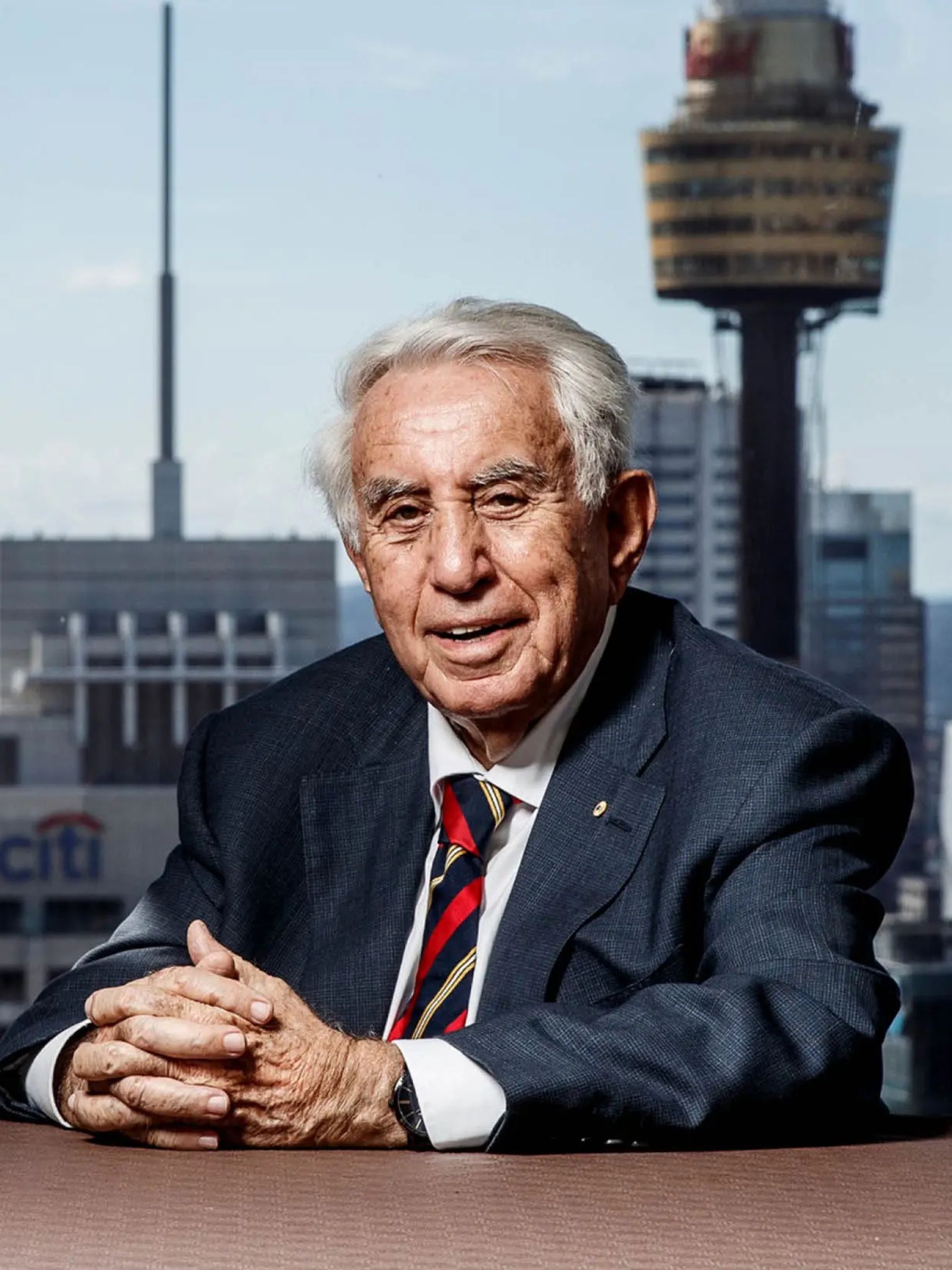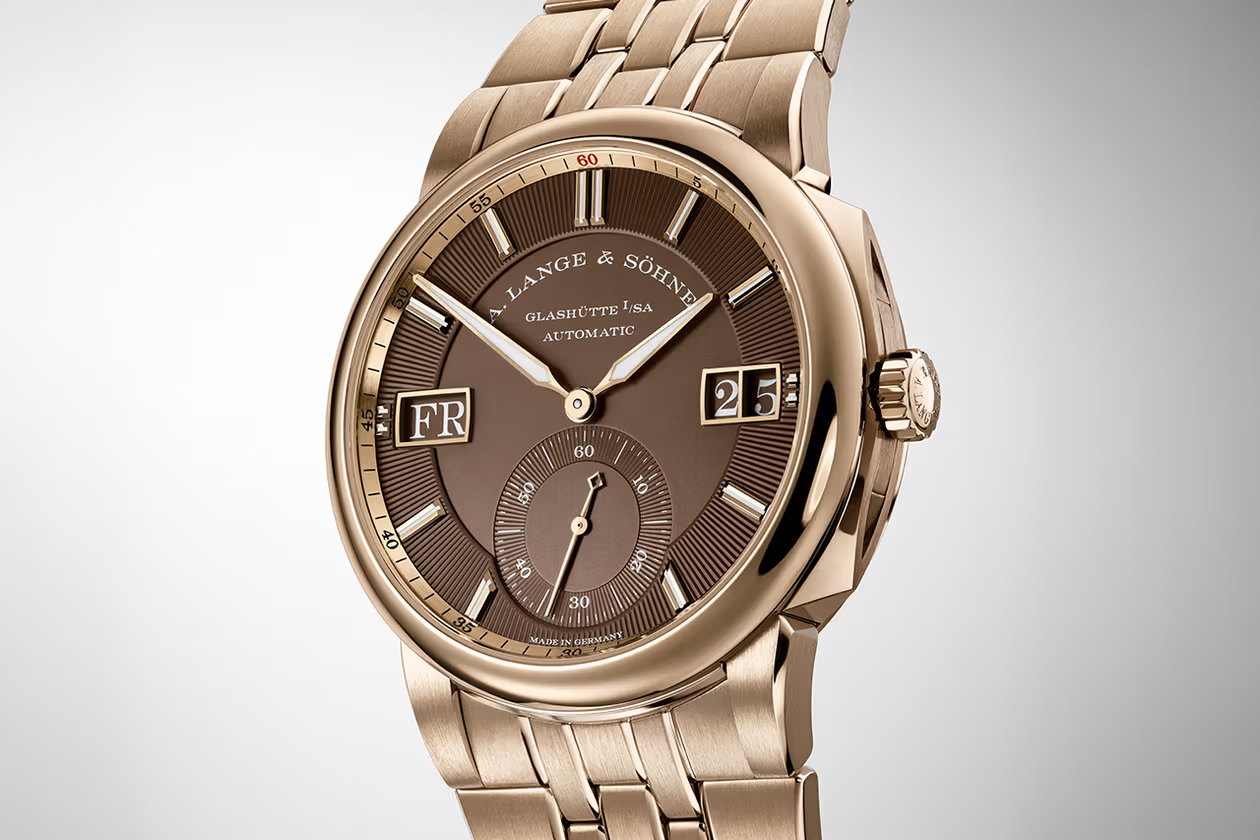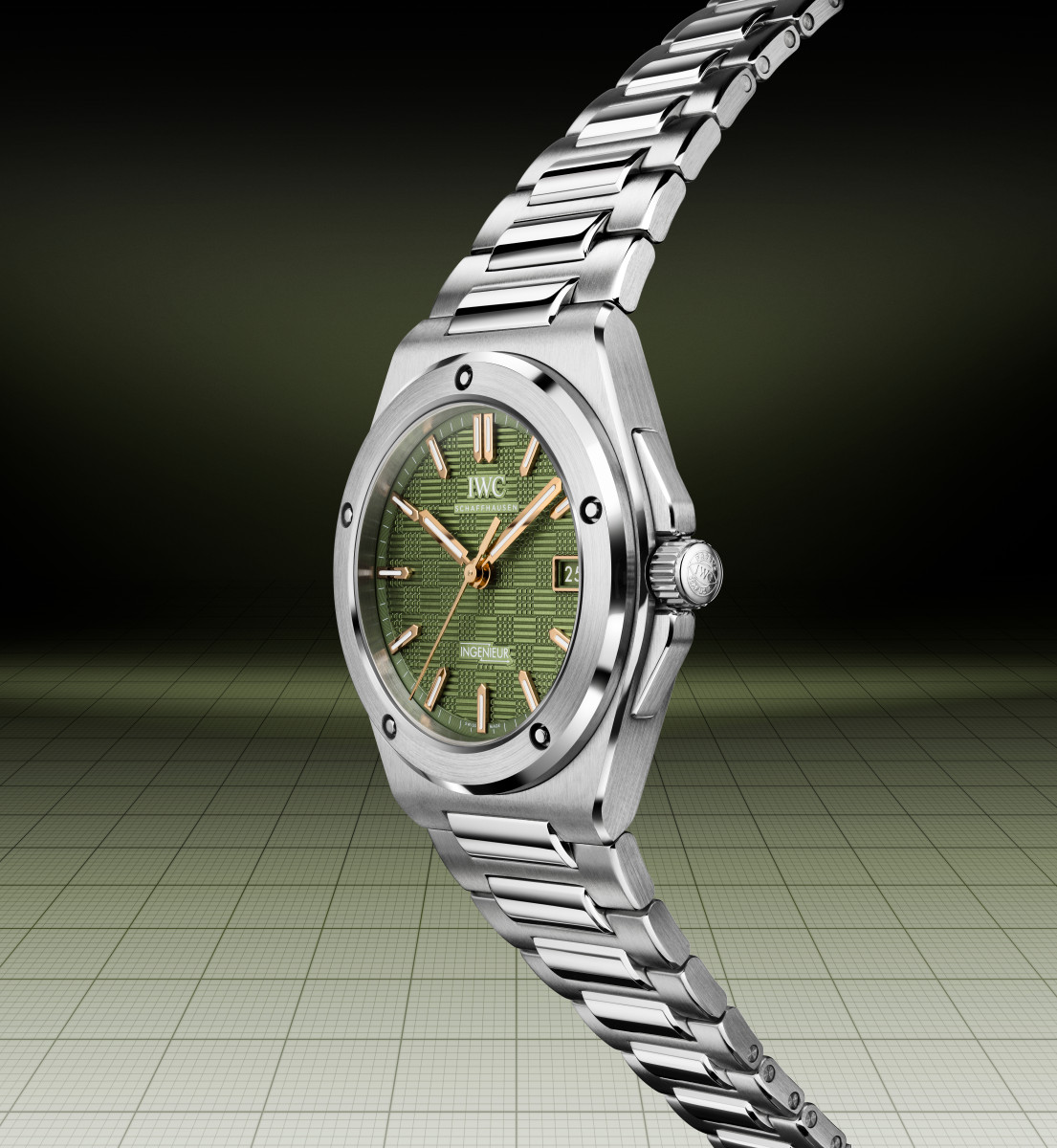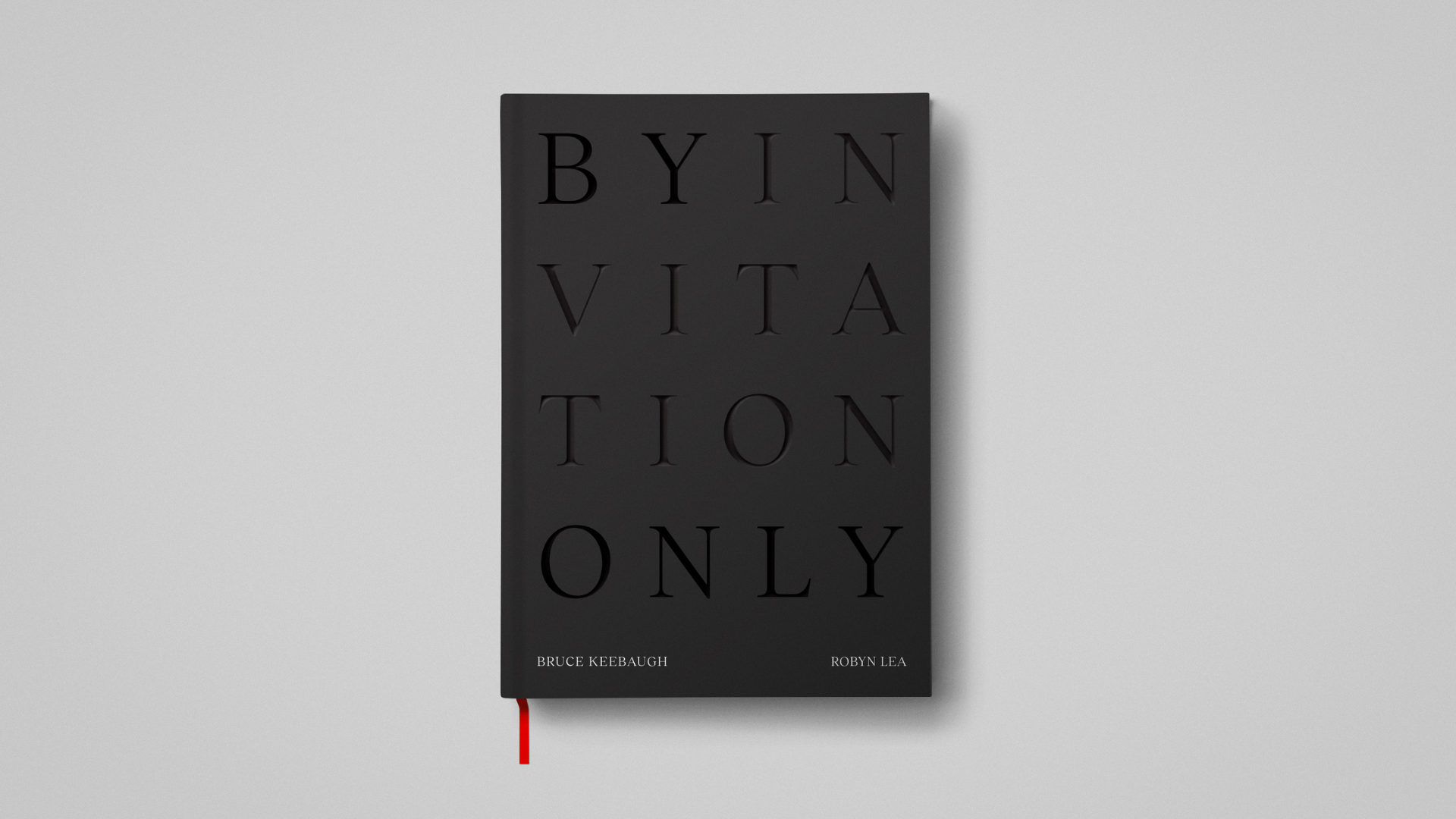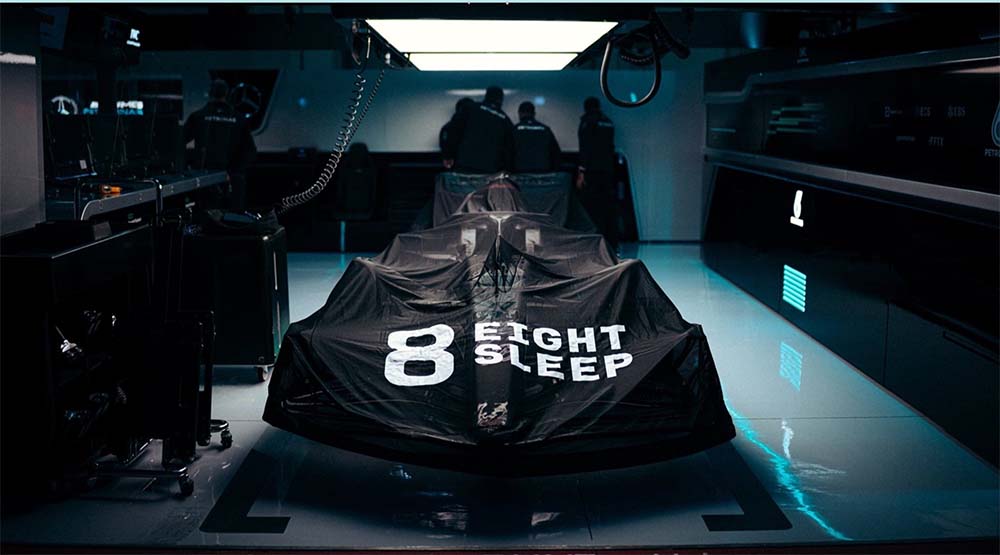My midlife crisis: Author Viet Thanh Nguyen on why being 'mid' is actually freeing
After 40, most of us start to panic about what we have (or haven’t) accomplished. Me? I’m learning that there’s more to life than being a famous writer.
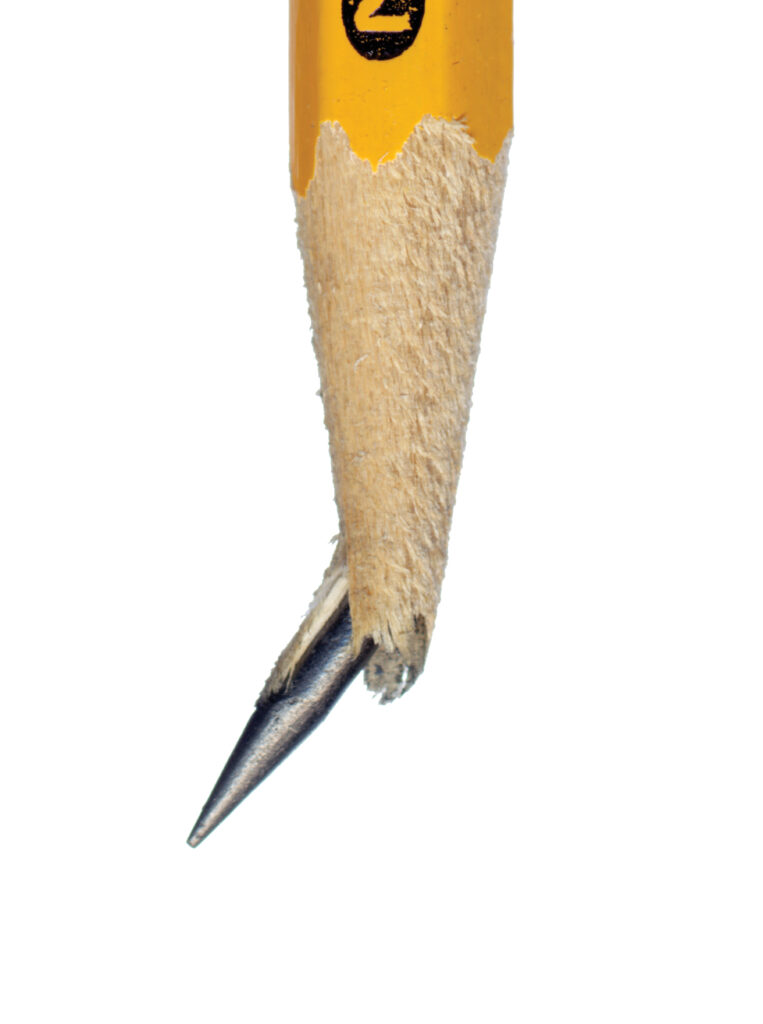
I’D SEEN THE WORD ON SOCIAL MEDIA. Mid. The show was mid. The song was mid. The rapper was mid. So many shows, songs, rappers, and more are unknown to me, trees in the now- bewildering wilderness of pop culture that the young navigate effortlessly.
But I rapidly deduced that mid is not good. Mid is mediocre. Middle of the road. Meh. And then I realised—I am mid.
The pandemic made my mid-ness unavoidable. Until then, I could convince myself that I looked 10 years younger than I was, and looking good is halfway to feeling good. But in the Age of the Mask, my face of denial was shrouded. Suddenly all I saw were eyes. Nothing I did to my visage or hair could perform a trompe l’oeil and camouflage how my age was now inscribed in the lines and wrinkles around my eyes, underlined emphatically by a duo of bags that got heavier every year. The young, in contrast, showed off their youth effortlessly with the smooth and unblemished canvas framing their eyes. Every moment of fleeting eye contact with both young and old reminded me of the threat of mortal illness as well as the inevitable slow motion of aging.
Funny how I trembled when I turned 40, more than a decade ago. How youthful 40 now seems. But I remind myself that at that middling age, when I wanted nothing more than to be a novelist, there was no published novel. I also had not wanted to be a father, that death sentence, yet that is what I became. When my son was born, my life, as I knew it, was over.
I was 42.
I had just finished the first draft of my novel, and my most important job was to watch over my son at night to make sure he lived. From late in the evening until 3am, I rewrote the novel while watching little Oedipus sleep in the same room, swaddled on the futon. Anytime he stirred, I stuck a bottle of formula in his mouth. From 3am until his mother took over childcare duty at 5am, I sipped my formula—single malt Scotch—and wondered: was I a failure? Was I ever going to publish this novel? Was I middle-aged? How does one know for sure?
Statistically, the average middle age for American men begins just past the mid-30s, since the average American male’s life span is 73.5 years of age. As a country, America can seem rather mid, with the United States ranking below Albania and above Croatia. Hong Kong tops the charts at 83.2 years. Our average must be brought down by a daily drip of government-subsidised corn fructose and the lack of universal health care, as well as a toxic mix of economic inequality and depression, gun violence and opioids.
If I am statistically average, then I have been middle-aged for 15 years. I tell myself I am not afraid of Death. Easy to say until one sees the Great Funeral Director’s hand on the switch, ready to turn off one’s light. I will admit that with the shadow of mortality falling on my toes, I bought a sports car at the age of 43. A used grey Infiniti coupe with automatic transmission, the nicest car I had yet owned but far cheaper than a brand-new Honda Accord. Not a sports car by the definition of connoisseurs. Not a Corvette. Not red. The car even had a back seat that could fit a car seat and my son.
Even my midlife crisis was mid.
I examined my son, destined to usurp me, at least symbolically, the cute little guy. Could he escape his destiny? Could I escape mine? Perhaps if I read him more books? Spent more time with him? Took him to more Little League baseball games? Thankfully, he quit baseball after a year, but then took up soccer with great enthusiasm. I bought him shin guards and cleats, watched him and his Neon Knights practice while I sat on a tattered beach chair, angling my umbrella to ward the sun off my pale legs. Was this happiness? Was this what a writer does?
The long middle of a story is the hardest part for me as a writer. The beginning, far in the past. The ending—I don’t know. But what I do know is that it is good for a writer to be unaware of the conclusion. If the end startles the writer, it likely will surprise the reader, too. Pssst—the hero dies.

I DIDN’T HEAR THAT. I used to think that writing was a ticket to immortality. Who needed children when one’s progeny was one’s books? In my teens and early 20s, I longed for fame and glory. I didn’t think much about how the
names of the immortals were relatively few, while libraries were filled with thousands of books by writers I had never heard of before, some of them quite famous in their time. And some authors whose names dominated only a decade or two ago are rarely mentioned today, now that their life force no longer animates the literary scene. When it comes to literary fame— which is not really that famous—I have more than some authors and less than others. But whenever I am tempted to believe my own hype, I read my one-star reviews—Bafflingly overpraised! Absurdist and repulsive! Pure garbage!—and recall that I live not far from Hollywood. When I tell people in Los Angeles that I’m a writer—no one cares.
And if no one cares, why should I?
That seems to be the greatest freedom in being mid, at least for me. To be middle-aged is not necessarily to be mid, particularly if one feels that one is at the peak of one’s powers. But to acknowledge that one’s accomplishments, great or small, hardly matter to most people and may one day fade into the dust, rendering one mid or even forgotten—might that actually be liberating rather than depressing?
When I was younger, I cared very much what people thought of me and my work. Part of me, because I am human, still does. But an even greater part of me does not. I had an inkling of what it meant not to care when I wrote my first novel. I was already old for an aspiring novelist. I had written a short-story collection while yearning for the attention of editors, publishers, and agents. When I realised that the power brokers did not care about my book or middle-aged me, I was free. Not to care. To do exactly as I pleased. Because I was mid.
It’s hard not to care in your teens and 20s. But as I looked at my son, turning two, three, four, I saw how he was almost literally carefree, except for wondering if he would get all the toys and treats he wanted. But he also simply did not pay attention to rules, expectations, conventions. You’ll find out, I thought grimly. That’s the way life is. And maybe he will submit to the borders of adulthood. But at five years of age, he wrote and drew his own comic book, Chicken of the Sea, about restless chickens who run off from the farm to become pirates under the command of a rat captain. I was amazed. I could never have come up with that story. Because I cared about things like reality. How realistic! And also… how limiting.
So in my mid years, I try not to give a damn about unimportant things and unimportant people. The important people—friends and family, children and partner—still concern me. Writing, too, because it remains my passion. After I publish a book, I do keep an eye on how it fares in the world, vulnerable as I am to desire and vanity. But in the midst of writing a book—the art is all that matters.
The result is that the stack of books I have authored grows little by little, outnumbering my children in quantity. But never in height. Or weight. Or even, perhaps, in quality. If you had told me, in my youth, that I would be a father and love fatherhood and adore a daughter and a son I did not want or even dream of at the time, I would not have believed you. Down that road of family and stability, love and care, lay mediocrity. And perhaps that is true. But what is also true is that if my story concluded here, midway, I could live, and perhaps die, with being mid. Not the happiest of endings, but happy enough. And no one would be more surprised than me.
Viet Thanh Nguyen’s novel The Sympathizer is a New York Times best seller and won the Pulitzer Prize for Fiction in 2016. He was born in Vietnam and currently lives in Los Angeles.
Related:









